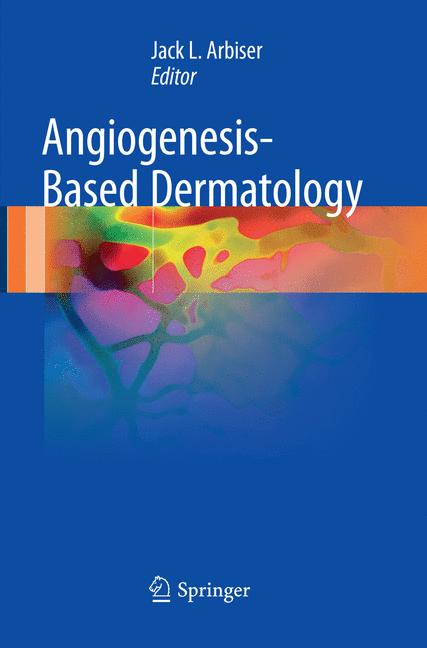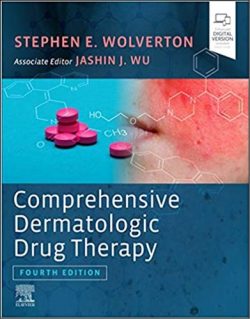This book provides a complete overview of all aspects of angiogenesis in dermatology. This is a guide to the principles of angiogenesis that will allow all involved in dermatology from the medical student and nurse practitioner to the experienced dermatologist to apply these principles for the treatment of patients.
Angiogenesis is a principle that can be used to guide treatment of diseases of any organ system. Dermatology may be the first specialty to be guided by the principle of angiogenesis because the lesions are visible and response can be easily monitored. Dermatologists already inhibit angiogenesis as part of their treatment of multiple common dermatologic disorders, including acne, warts, and nonmelanoma skin cancer.
Angiogenesis: General Concepts.- Infantile Hemangioma: New Insights on Pathogenesis and Beta Blockers Mechanisms of Action.- The Role of Angiogenesis in the Development of Psoriasis.- Angiogenesis and Nonmelanoma Skin Cancer.- Melanoma.- Potential Role of Angiogenesis and Lymphangiogenesis in Atopic Dermatitis: Evidence from Human Studies and Lessons from an Animal Model of Human Disease.- Chemoprevention and Angiogenesis.- Angiogenesis and Pathogenesis of Port Wine Stain and Infantile Hemangiomas
Jack Arbiser, MD, PhD, has been practicing at Emory Healthcare since 1998. His clinical specialties include lichen planus, melanoma and skin cancer.
Dr. Arbiser is a member of the Discovery and Developmental Therapeutics research program at Winship Cancer Institute of Emory University. He also holds memberships in the American Academy of Dermatology and the Society of Investigative Dermatology.
Dr. Arbiser joined the Dermatology Department at Emory after completing his PhD and medical school training, internship, and residency at Harvard, and then a three-year Howard Hughes Fellowship at Children’s Hospital of Boston in Boston, Massachusetts.
His research focuses on the regulation of angiogenesis and tumorigenesis by signal transduction pathways.
This book covers in detail all aspects of angiogenesis in dermatology. Angiogenesis is a principle that can be used to guide treatment of diseases of any organ system. Dermatologists already inhibit angiogenesis as part of their treatment of multiple common dermatologic disorders, including acne, warts, and nonmelanoma skin cancer.
Angiogenesis-Based Dermatology encompasses information and knowledge from a diverse background of related topics to enable readers to have a full understanding of the subject in order to optimally manage patients with this group of diagnoses. It provides a guide to the principles of angiogenesis that will allow all involved in dermatology from the medical student and nurse practitioner to the experienced dermatologist to apply these principles for the treatment of patients.
Details common skin disorders as angiogenic disorders
Includes an up-to-date literature review for every application
Includes chapters on novel treatment of common and uncommon skin disorders based upon principles of angiogenesis





